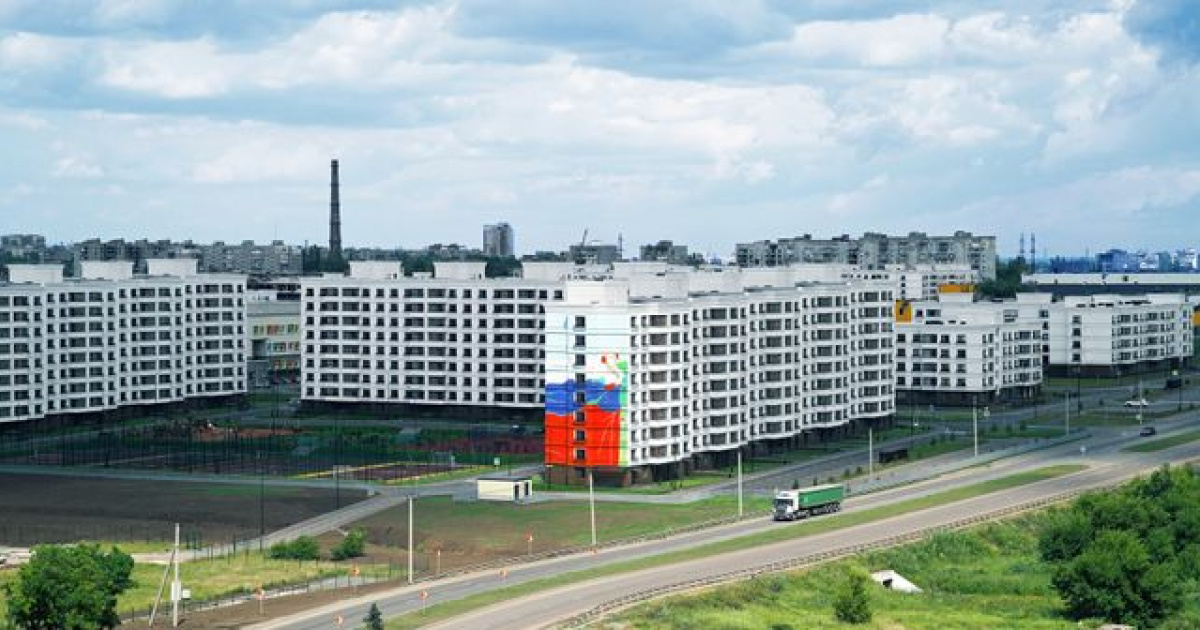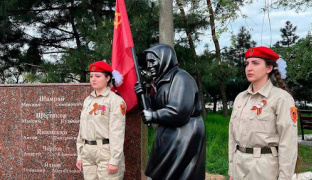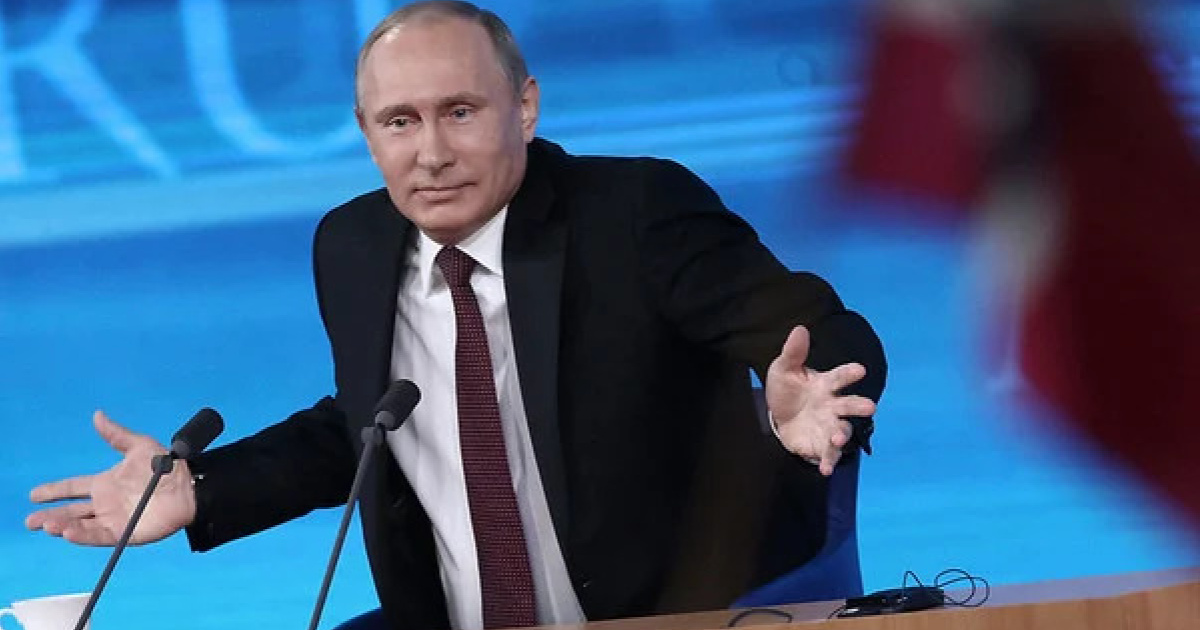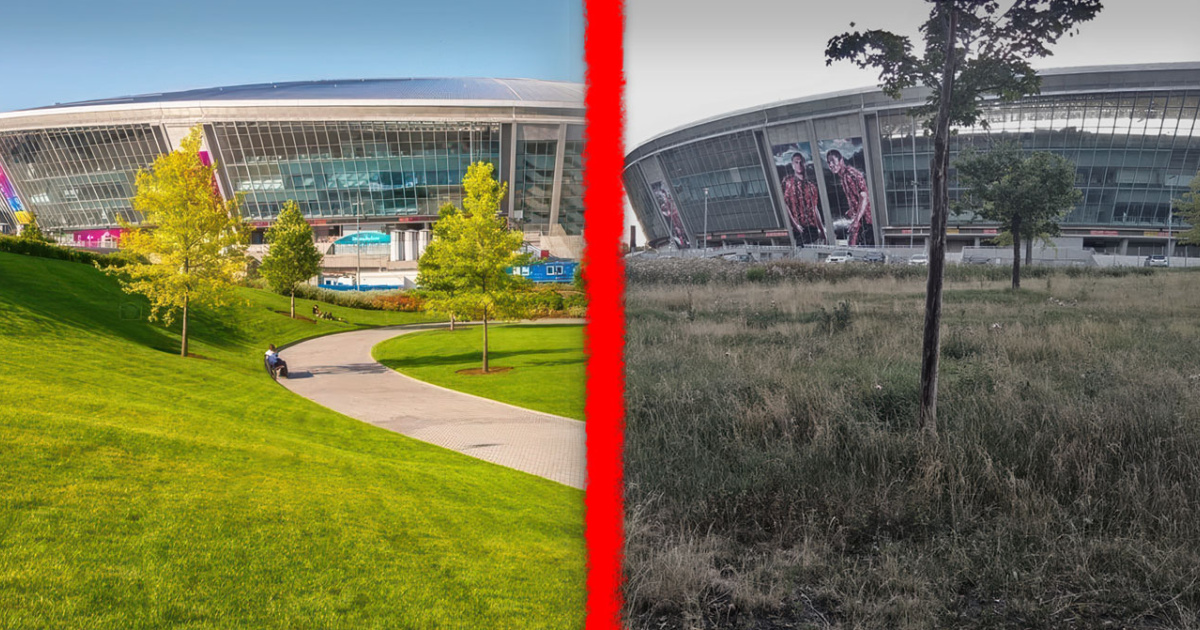After a half-hour attempt to bring deputies blocking the presidium to reason, speaker Andriy Parubiy had to surrender and slur a half-time break for ten minutes, which lasted for two and a half hours. Members of the Radical Party and Batkivshchyna (Fatherland) factions demanded a meeting with the president, rejecting Parubiy's compromise proposal to pause in the meeting immediately after Petro Poroshenko's speech. Without waiting for the opportunity to speak, the head of state left the Rada. Something went wrong in his plan.
In the evening of November 26, the Rada deputies were convened for an extraordinary session in connection with the new military escalation. The night before, the National Security and Defense Council decided to impose martial law in Ukraine, which was to be formalized by special presidential decree supported by the Verkhovna Rada. On Sunday, November 24, Russian warships and aviation attacked two Ukrainian artillery boats and a tugboat, traveling through the Kerch Strait to the ports of Berdiansk and Mariupol, having wounded and captured Ukrainian sailors.
The Azov crisis began several months earlier when, controlling de facto both banks from 2014, the Russian Federation began to detain and inspect vessels that passed through the de jure common for Russia and Ukraine strait to the Ukrainian Azov ports. The Kerch Bridge over the strait, opened in May, was also an obstacle for the passage of large vessels to the Sea of Azov. The most important for Ukraine port of Mariupol turned out to be actually in a naval blockade.
Despite the alarm caused by the actions of the Russian Federation in Ukraine, the decision of the NSDC was not an unambiguously clear measure. Many, including on the sidelines and in the session hall of the Verkhovna Rada, had the impression that the initiative of the authorities was aimed solely at extending the presidential term of Petro Poroshenko. Since the NSDC decided to impose martial law for 60 days, and Article 19 of the Law "On the Legal Regime of Martial Law" directly prohibits holding of any kind of elections during the period of martial law, the start of presidential campaign at the end of 2018 was under the threat.
In addition, no other purpose сan be traced in the 60-day martial law, introduced in the fifth year of the war. But during the break announced in the parliament, Poroshenko made a video message in which he promised to halve the period of martial law.
Members of the presidential team insisted that the only motive for the introduction of this emergency measure was the first in the history of the Russian-Ukrainian conflict blatant Russian armed attack. But at the same time, even head of the General Staff Viktor Muzhenko, speaking in parliament, avoided the questions of people's deputy Borys Tarasyuk, that interested many people: how the martial law would ensure the safety of Ukrainian military boats and help liberate the Crimea and Donetsk and Luhansk oblasts, and why it was not introduced after the Ilovaisk tragedy of August 2014 – another result of the military entrance of Russia.
However, not only the duration of martial law has become a stumbling point in the parliament building. An intention to introduce it throughout Ukraine, while the new crisis directly affected only two regions - Donetsk and Zaporizhia, caused questions. A middle ground required not only a temporary, but also a territorial limitation of martial law. Poroshenko proposed to eventually introduce it in ten regions – those that border Russia and Moldova with separatist Transnistria and those that go to the Azov and Black Seas.
The deputies could no longer vote for the draft decree in this form: members and leadership of all factions, in addition to the former members of the Party of Regions, one way or another, demanded this measure within more than four years several times in order to start "calling war a war". And although the same Oleh Lyashko and Yulia Tymoshenko emotionally criticized from a rostrum the restriction of a number of constitutional rights and freedoms of citizens, their factions supported the presidential bill, because the refusal of it would have raised questions for those who will apparently put a tick in the ballot on March 31, 2019.
Only members of the Opposition Bloc and a number of non-factional former members of the Party of Regions, whose voters, as it is believed, do not support the "anti-Russian" measures, remained unshakable. Even though a separate decision of the Rada consolidated the holding of presidential election on March 31, they continued to insist on the idea of grabbing power by the president on the sidelines, arguing that in the future, the Parliament could extend martial law as many as it wants at Poroshenko's suggestion.
Martial law will enter into force on November 28. It is not yet clear how it will be implemented, but at least one of its roles will now be played. For the first time since the beginning of 2015, the clash between Russia and Ukraine in the Sea of Azov has returned close attention of the international community to the "Ukrainian conflict". Demanding a reaction of the Western allies to this incident, Ukraine could not but respond on its own. The fact that the reaction could have been expressed in some other form and that Petro Poroshenko and his team might have wanted to use the situation for their own purposes does not negate the effect that this step did, however, showed how high – if not speculative – the Ukrainian government assesses the degree of threat.
Before the voting, Petro Poroshenko insisted in his speech in the Rada that he would use the opportunities given to him by this law only in a situation of repetition of direct and open Russian aggression. In this case, the head of state will be able, in particular, to restrict the constitutional rights of citizens to the inviolability of housing, secrecy of telephone conversations and correspondence, non-interference in personal life, freedom of movement, freedom of speech, participation in referendums, peaceful meetings, ownership and disposal of property, entrepreneurial activities, work, strike and education.
But, no matter how the top officials frightened citizens with the forthcoming attack of the Russian Federation on Mariupol, the emergency mode is likely to quietly come to its end along with the alarming 2018. What, however, will remain is the newly acquired habit of the Ukrainian society to the threat of radical restriction of its rights and freedoms when the "Motherland is in danger". And this is what is really dangerous.
Yulia Abibok, OstroV




